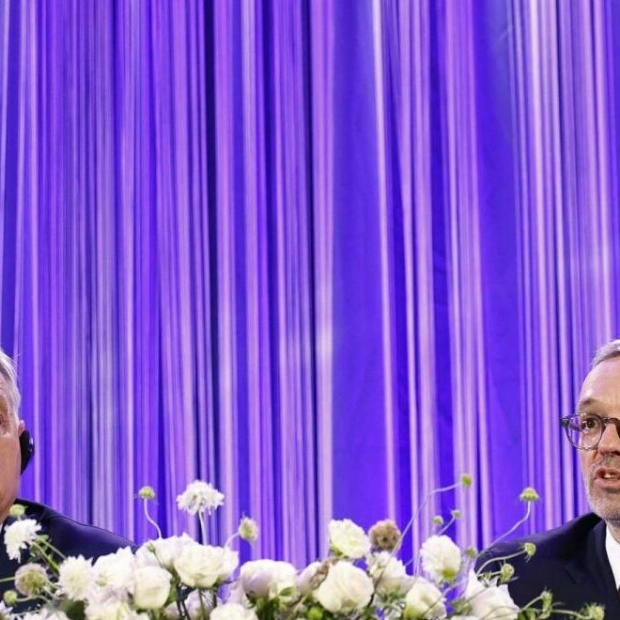Euro zone inflation remains higher than the European Central Bank desires, necessitating the maintenance of sufficiently high interest rates to address price pressures, according to Bundesbank President Joachim Nagel, who spoke on Wednesday.
The ECB reduced rates for the second time this year on Thursday, prompting markets to speculate on the timing of the next move, with most bets centered on December and some anticipating another cut in October. Unlike some of his colleagues, Nagel did not rule out December, but acknowledged that challenges persist. “Inflation is currently not where we want it to be,” he stated during a speech in Frankfurt. Although inflation dropped to 2.2 percent in August and may further decline towards the ECB’s 2 percent target this month, it is expected to rise again towards the end of the year, potentially ending 2024 around 2.5 percent.
A significant concern is the continued rapid wage growth, which could exert upward pressure on private consumption and, consequently, prices. “In Germany, high wage increases were agreed upon in the most recent collective bargaining agreements,” Nagel noted. “And relatively high new agreements are also anticipated in the upcoming negotiations.” He further added that labor shortages in Germany would likely sustain upward pressure on wages over the long term.
While Nagel did not explicitly endorse quarterly interest rate cuts, as some other prominent conservatives do, he emphasized the need for “staying power” to combat inflation. “Depending on the incoming data, the intervals between potential steps may vary,” he explained. “This is because the monetary policy course must remain sufficiently tight for long enough to bring the inflation rate back to the 2 percent target in the medium term.” Nagel concluded, “We now need to demonstrate that we have enough staying power.”






